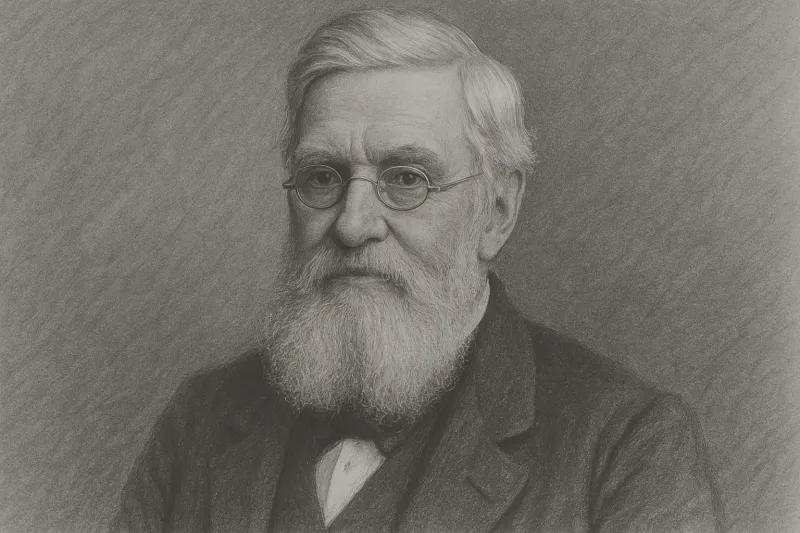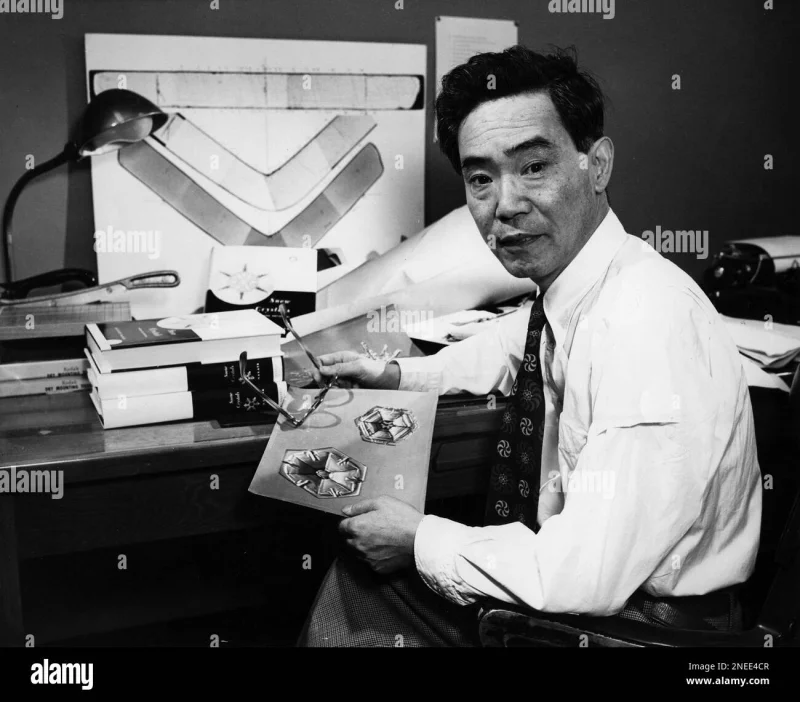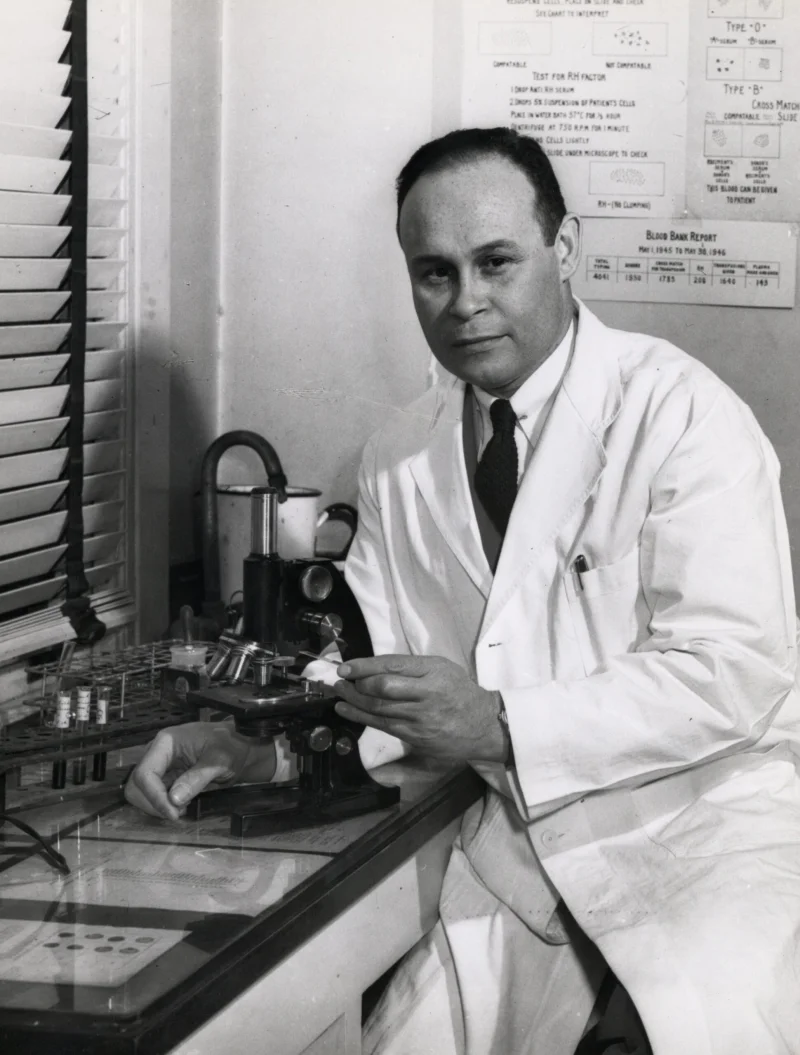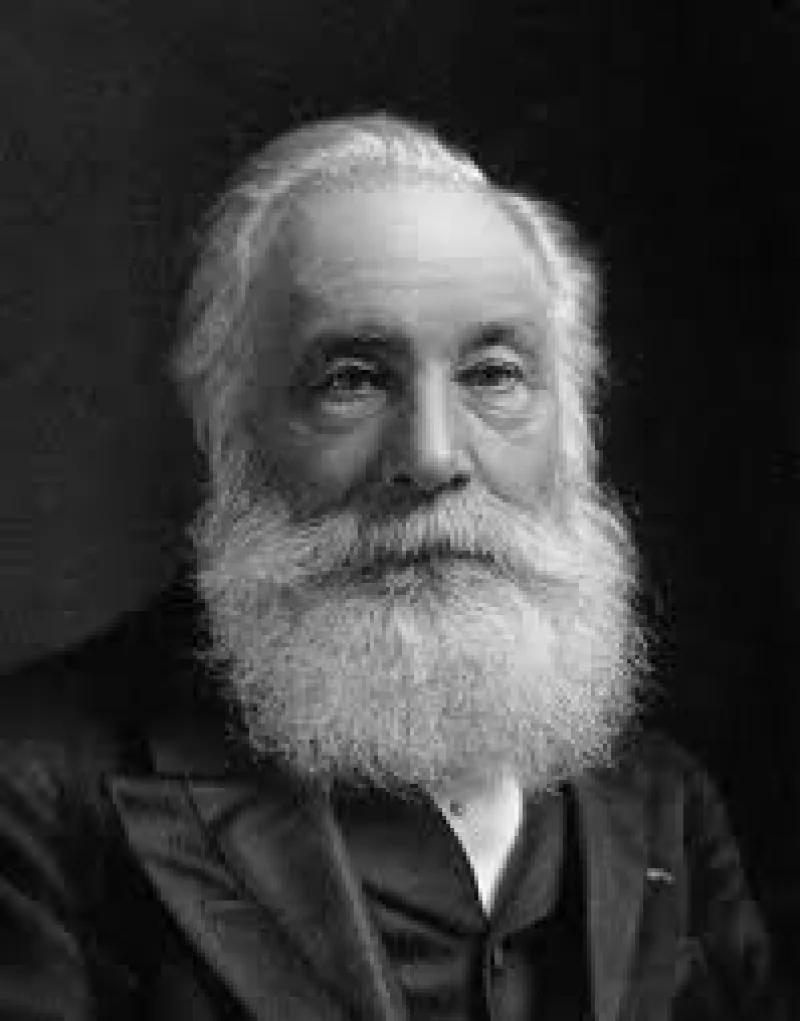Short Summary
Giulio Natta was an Italian chemist renowned for his groundbreaking work in polymer chemistry, particularly in the development of polypropylene. He shared the Nobel Prize in Chemistry in 1963 with Karl Ziegler for their advancements in the polymerization process. Natta's work revolutionized the plastics industry, leading to the creation of materials that are still widely used today. His contributions have left a lasting impact on both industrial applications and scientific research.
Early Life & Education
Giulio Natta was born on February 26, 1903, in Imperia, Italy. He was the son of Francesco Maria Natta, a magistrate, and Elena Crespi. From a young age, Natta displayed a keen interest in science and mathematics, which was nurtured by his supportive family. He pursued his education at the Polytechnic University of Milan, where he excelled in chemical engineering. He graduated in 1924 and continued his studies, eventually earning his doctorate in chemical engineering. His early academic achievements laid a strong foundation for his future contributions to the field of chemistry.
Career Highlights
Giulio Natta began his career as a lecturer at the Polytechnic University of Milan, where he quickly rose through the academic ranks. By 1933, he was appointed a full professor of physical chemistry. During the 1950s, Natta's research focused on the stereochemistry of polymers, leading to a collaboration with Karl Ziegler. This partnership resulted in the development of a catalytic process for polymerizing propylene, which was a significant breakthrough. His discovery of isotactic polypropylene marked a milestone in polymer chemistry, enabling the production of new, durable plastics.
Major Achievements
- Developed the catalytic process for the polymerization of propylene, revolutionizing the plastics industry.
- Shared the Nobel Prize in Chemistry in 1963 for his work on high polymers.
- Discovered isotactic polypropylene, which became a fundamental material in manufacturing and industry.
- Published numerous influential papers on polymer chemistry that guided future research in the field.
Famous Quotes
- "Research is to see what everybody else has seen, and to think what nobody else has thought."
- "Chemistry is not just a science; it is an art of transformation."
Interesting Facts
- Natta's work led to the creation of household items like plastic containers and synthetic fibers.
- He was one of the first to use X-ray diffraction techniques to study polymer structures.
- Natta's discovery of isotactic polymers opened new avenues in the study of crystalline materials.
- He held numerous patents, significantly impacting the commercial production of plastics.
- Despite his scientific achievements, Natta was known for his humility and dedication to teaching.
Legacy / Influence
Giulio Natta's pioneering work in polymer chemistry has had a profound impact on both scientific research and industrial applications. His discovery of isotactic polypropylene laid the groundwork for modern materials science, influencing the development of countless products and technologies. Natta's contributions continue to inspire chemists and engineers, and his legacy endures in the widespread use of plastics that have transformed various industries worldwide.
FAQ
Q: Why is Giulio Natta famous?
A: Giulio Natta is famous for his groundbreaking work in polymer chemistry, particularly for developing the process of polymerizing propylene, which led to the creation of isotactic polypropylene.
Q: What did Giulio Natta win the Nobel Prize for?
A: He won the Nobel Prize in Chemistry in 1963, shared with Karl Ziegler, for their discoveries in the field of high polymers.
Q: How did Giulio Natta impact the world?
A: His discoveries in polymer chemistry revolutionized the plastics industry, leading to the development of new materials that are integral to modern manufacturing and daily life.













